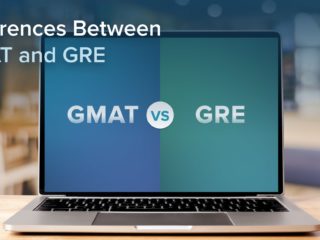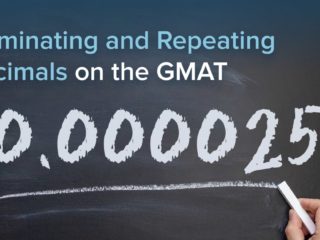Last Updated on May 9, 2023
GMAT OFFICIAL GUIDE DS
Solution:
We are given that x and y are integers, and we must determine whether xy is even. We must remember that an even integer times any integer will always be even. Thus, if we can determine that either x or y is even, then xy will be even.
Statement One Alone:
x = y + 1
Using the information in statement one, we see that either x or y will always be even. The equation in statement one indicates that x and y are consecutive integers, and when we have 2 consecutive integers, one will be even and the other one will be odd.
We can use some convenient numbers to illustrate.
When y = 1, x = 2 and xy = (2)(1) = 2, which is even.
When y = 2, x = 3 and xy = (3)(2) = 6, which is even.
Regardless of which values we use in statement one, xy will always be even. Statement one alone is sufficient to answer the question. We can eliminate answer choices B, C, and E.
Statement Two Alone:
x/y is an even integer.
Using our divisibility rules of even and odd integers we know that:
If the quotient of two integers is even, then the dividend (numerator) must be even. Therefore, x must be even. If x is even, then xy will be even, regardless of whether y is even or odd.
Statement two alone is also sufficient to answer the question.
Answer: D



